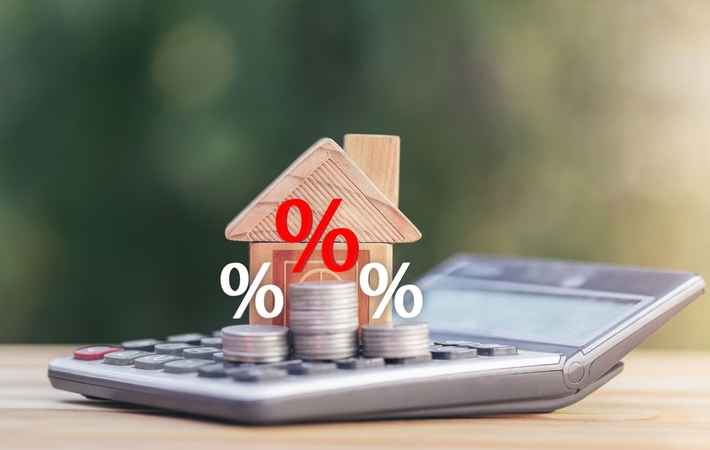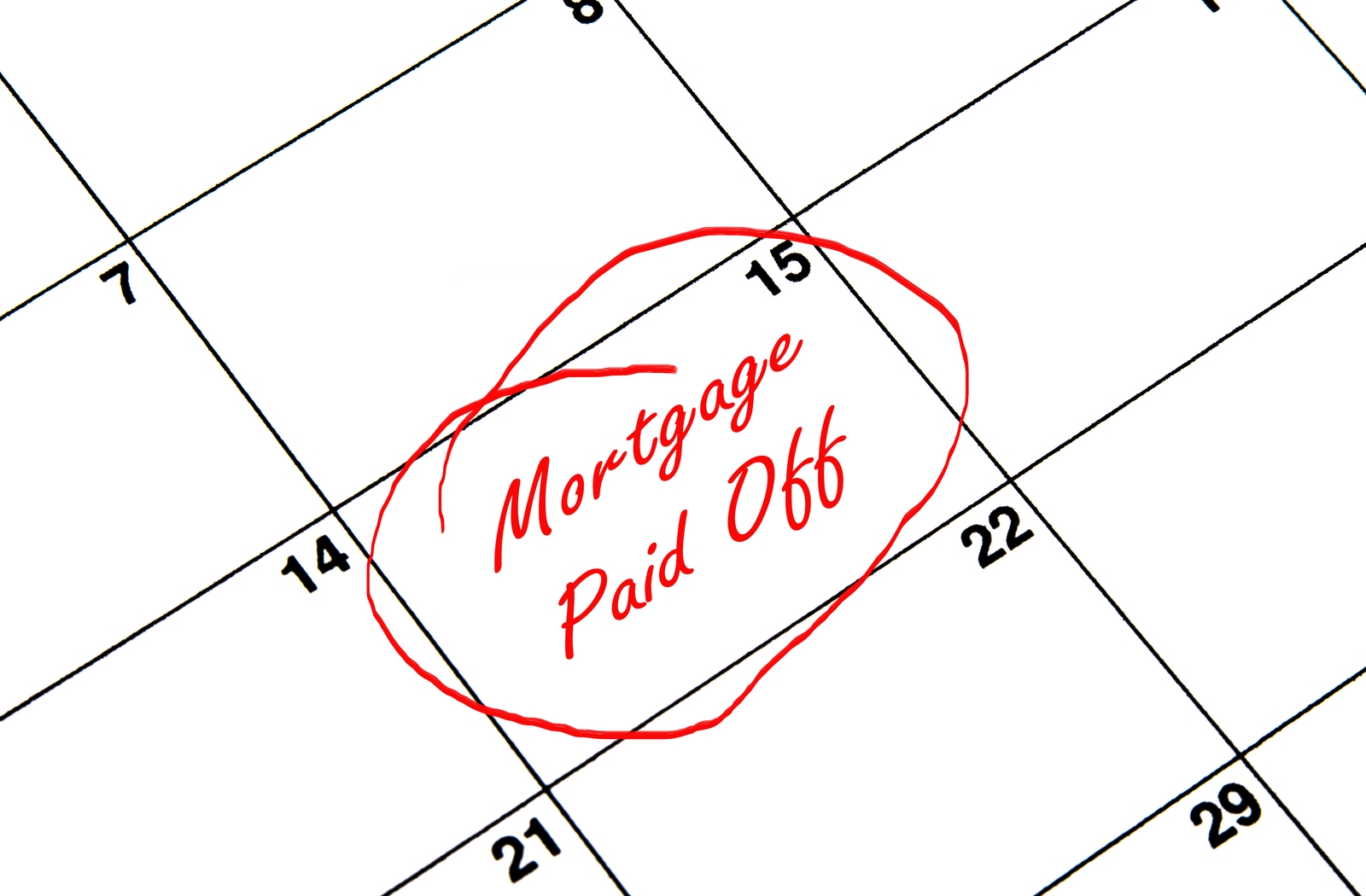While owning your own home is freeing and exciting, a mortgage is a massive responsibility.
However, it’s a responsibility that shouldn’t leave you stressed or financially unstable. Simply by understanding what you can afford, paying off your mortgage is just as routine as any other bill you may have. But what if you’re looking for a way to pay off your mortgage faster?
You may want to pay off their mortgage faster for a couple of reasons: you may want to use their home equity to open a line of credit, or they may want to start looking for a newer home to support a growing family.
Whatever your reasons may be, there are several ways you can pay off your mortgage faster. Let’s take a look at some of these strategies and what you can expect when you finally pay your mortgage off in full.
Of course, if you want advice catered to your specific situation, please get in touch with the team at Mortgage Connection today.
Mortgage Terms vs. Amortization Periods: What’s The Difference?
Before we look at how you can pay your mortgage off faster, we should take a second to look at some of the phrases you’ll need to know when you start looking for a house to buy, specifically terms and amortization periods. Learning these phrases can help you better understand how your mortgage works and why you’re charged specific amounts.
Some key phrases include:
- Mortgage term: a mortgage term is a period when your mortgage contract is in effect. Terms can last anywhere from a few months to 5 years or longer.
- Amortization period: Amortization periods are the length of time it takes to pay off your entire mortgage, including the interest rates. Amortization periods can last anywhere between 5 to 30 years, depending on your financial situation, but most last about 10 to 25.
Choosing a Shorter Amortization Period
One way you can pay off your mortgage faster can happen right when you start applying for a mortgage: you could choose to have a shorter amortization period.
A short amortization period means you pay off your mortgage faster, but your monthly payments are larger. However, shorter amortization periods also mean you’ll pay less in interest by the time you pay your mortgage off in full.
Speed Up Your Payments
You and your lender will agree on when you’ll make your mortgage payments. In most cases, people make their mortgage payments every month.
But you could also choose to make payments more frequently, like on a bi-weekly basis, meaning you’ll make more payments more often. Bi-weekly payments are usually smaller than monthly payments, but because of the increased rate you pay, you’ll find yourself paying off your mortgage just a little bit faster.
For example, if you pay $1,500/month for your mortgage, you’ll pay around $18,000 in monthly payments by the end of the year. If you’re paying $750 every 2 weeks, you’ll pay up to $19,500 by the end of the year. You should pick the option that makes the most sense for you, but there are significant benefits to paying more often.

Fixed-Rate or Variable Rate Interest Plans?
Interest makes up a considerable percentage of your mortgage, so picking an interest rate is one of the most important decisions you can make when you look for a mortgage plan.
There are 2 different types of interest rates you can choose from: fixed-rate and variable rate. Fixed interest rates are set in stone for the entirety of your term, but you can renegotiate them after your term ends. Variable interest rates fluctuate depending on the market.
If you have a bit more risk tolerance, having a variable interest rate may be a better option for you. When interest rates are down, more of your mortgage payments will count towards your principal, which will help you pay off your mortgage faster. However, if interest rates are high, it could have the opposite effect on paying off your mortgage.
Increase Your Payment Amount
Another way you can cut the time it takes to pay off your mortgage is to increase the amount you pay.
When you buy a house, your lender will set you up with a contract illustrating what you have to pay in mortgage payments and if you can spend more than your obligated amount. If you pay more than your contract allows, you could face a prepayment penalty, which we’ll discuss in a later section.
You can avoid penalties by negotiating a higher mortgage payment when your term ends.
Make a Lump-Sum Payment
There are multiple points throughout your amortization period where you may be able to make lump-sum payments on top of your regular mortgage. However, these payments are also subject to prepayment penalties as determined by your lender.
Always make sure what your prepayment privileges are before making a lump-sum payment. Your lender can also let you know if specific dates allow you to make lump-sum payments. In most cases, you can make lump-sum payments right before your term ends or at the very end of your term.
At the end of your term, you could negotiate with your lender to see if you can make more frequent lump-sum payments in your next term. Lump-sum payments are placed towards your principal, which could also help you lower your interest rates.
What Are Prepayment Penalties?
We’ve talked about prepayment penalties a little bit throughout this article, but what do they mean?
Prepayment penalties are fees you’re charged if you pay off more of your mortgage than your contract allows. It might be a little confusing to hear about a penalty fee if you’re paying off your debt, but these are quite normal in mortgage agreements. These fees exist to protect lenders from the loss of income they would’ve received from interest payments.
Penalty charges are calculated differently by different lenders and different mortgages, like:
- A fee equal to 3 months of interest on what you still owe on your mortgage.
- An interest rate differential, which may be the difference between your current interest rate and the markets.
Understanding Your Mortgage is Key to Paying It Off Sooner
The more you know about your mortgage, the more opportunities you may have to pay it off sooner. Mortgage Connection is here to help you understand everything you need to know about your mortgage, and we can also provide new mortgage opportunities if your term is coming to an end.Please find out how we can help when you contact us today!




